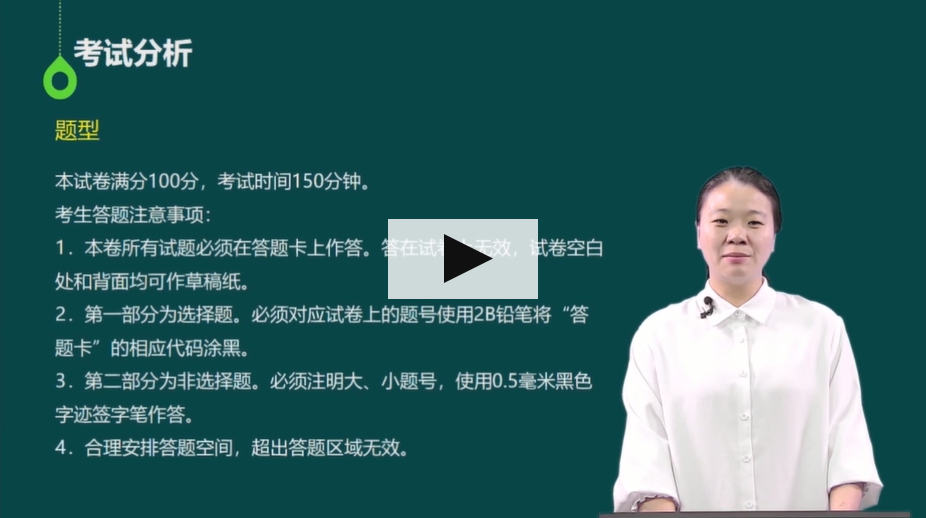自考英美文学选读名词解释九
121. Italian or petranrchan sonnet(意大利十四行诗)
Italian or petranrchan sonnet, composed of an octave and s sestet( rhyming abbaabba cdecde)。
122. Alliteration and assonance(头韵和半韵)
Alliteration and assonance are said to rhyme only today when the sound of the final accented syllable of one word( paced usually at the end of a line of verse) agrees with the final accented syllable of another word so place.
123. Poetic license(诗的破格)
Poetic license means such liberties a poet adopts as “approximate rhymes”, or “eye-rhymes”。 (Words which are spelled alike but not pronounced alike)
124. Epiphany(主显节)
Epiphany is an appearance or perception of the essential nature or meaning of something, which is adapted by James Joyce to describe the sudden revelation of whatness of a thing, the moment in which the soul of the commonest object seems to us radiant.
125. Psychological penetration(心理透视)
Psychological penetration is a writing device that involves such psychological elements as “Id”, “ego”, “superego” in the depiction of characters‘ inner thinking or mental activities.
126. Legend(传说)
Legend is a widely told story about the past that may or may not be based in fact. A legend often reflects a people‘s identity or cultural values, generally with more historical and less emphasis on the supernatural things in a myth.
127. Myth(神话)
Myth is a fictional tale originally with religious significance, which explains the actions of gods or heroes, the causes of natural phenomena, or both. Allusions to characters and motifs from Greek, Roman, Celtic myths are common in English literature.
128. Pessimism(悲观主义)
Pessimism denotes an attitude of hopelessness towards life, a vague general opinion that pain and evil predominate in human affairs.
129. Jacobean age(英王詹姆斯一世时期)
Referring to the reign of King James I of England, the term came from the Latin form of James, Jacobus. It is generally applied to the literature(especially drama) of that period.
130. Tragicomedy(悲喜剧)
Tragicomedy is a play in which the action, though apparently leading to a catastrophe, is reversed to bring about a happy ending.2> the typical tragicomedy concerns noble characters involved in improbable situations. Love, frequently seen as a contrast of the pure and the sensual, is the central motive of the elaborate plot, in which both hero and heroine are rescued from imminent disaster so that the play may conclude happily.
131. Comedy of manners(风俗喜剧)
Popular during the Restoration period, these plays are concerned with the manners and conventions of an artificial and “highly sophisticated” society. A hundred years later, Goldsmith and Sheridan also wrote plays of the same nature.
132. Gothic novel(哥特式小说)
Gothic novel is a type of romance very popular late in the 18th century and at the beginning of the 19th century.
2> Gothic novel emphasizes things which are grotesque, violent, mysterious, supernatural, desolate and horrifying.
3> Gothic, originally in the sense of “medic, not classical”, with its descriptions of the dark, irrational side of human nature, Gothic novel has exerted a great influence over the writers of the Romantic period.
133. Historical novel(历史小说)
A novel in which the action takes place during a specitic historical well before the time of writing,(often one or two generations before, sometimes several centuries)。 And in which some attempt ih made to depict accurately the customs and mentality of the period. The central character——real or imagined—— is usually subject to spanided loyalties within a larger historic conflict of which readers know the outcome, the pioneers of this genre were Walter Scott and cooper.
历史小说指故事发生在特定历史时期的一类小说,(通常相隔一代或两代,有时几个世纪),这类小说试图准确描述当时那个时期的风俗以及人的思想情况,主人公或虚构或真实,通常被置于历史冲突中,而这个事件的结局早已为读者所熟知,历史小说的开创者是沃尔特。司格特和库珀。
134. Unitarianism(上帝一位论)
Unitarianism is, in general, the form of Christianity that denies the doctrine of the trinity. Believing that God exists only in one person, modern Unitarianism originated in the period of the protestant Reformation.
上帝一位论从总体上说是基督教的一派,反对上帝三位一体说,相信上帝只存在于一个人身上,现代的上帝一位论起源于新教改革时期。
135. Calvinism(加尔文主义)
Calvinism refers to the religious teachings of John Calvin and his followers.
2>Calvin taught that only certain persons, the elect, were chosen by God to be saved, and these could be saved only by God‘s grace.
3>Calvinism forms the basis for the doctrines and practices of the Huguenots, puritans, Presbyterians, and the reformed churches.
【免责声明】
1、由于各方面情况的调整与变化,本网提供的考试信息仅供参考,考试信息以省考试院及院校官方发布的信息为准。
2、本网信息来源为其他媒体的稿件转载,免费转载出于非商业性学习目的,版权归原作者所有,如有内容与版权问题等请与本站联系。联系邮箱:952056566@qq.com
相关《自考英美文学选读名词解释九》的文章
甘肃自考便捷服务
- 微信交流群
- 微信公众号

微信扫一扫加入考生微信群
①学习交流、②考试提醒、③自考解答
④自考资料、⑤新闻通知、⑥备考指导

甘肃自考网微信公众号
随时获取甘肃省自考政策、通知、公告
以及各类学习微信公众号
- 热点文章
- 常见问题










